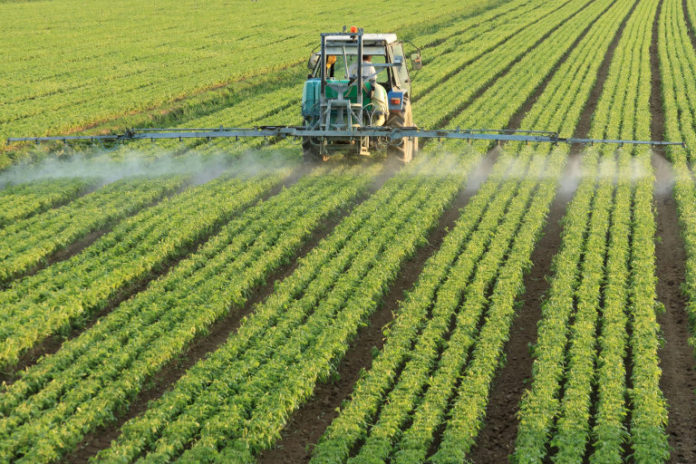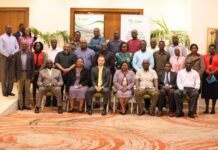Civil society organisations have called on influential donors to stop funding industrial agriculture programmes.
The Alliance for Food Sovereignty in Africa (AFSA) which represents 200 million small-scale food producers along with 165 organisations from 40 countries, have raised concerns that the funding harm smallholder farmers and the environment.
The organisations have written a letter to donors of the Alliance for a Green Revolution in Africa (AGRA) and other ‘Green Revolution’ organisations, urging them to redirect their support to African-led agroecology and low-input farming systems. The green revolution of the 1950s to 1970s intensified agriculture by increasing the use of inputs — fertilisers, pesticides and irrigation for high-yielding modern crops.
“Only a very small amount of money is flowing into Africa for research. Government funders tend to give the money to western-based research institutes that is a sad fact. Farmers all over Africa have shown far more promising results sharing knowledge and working with scientists to establish low-input farming methods that leave the control of production in the hands of African farmers,” said Million Belay, AFSA co-founder
AGRA
AGRA’s funders include the Bill & Melinda Gates Foundation, the Rockefeller Foundation and the governments of the United States, United Kingdom and Germany. The programme provides African farmers with subsidies to buy commercial seeds such as maize, as well as fertilisers to help increase yield. It also funds research efforts in its 13 partner countries.
Nnimmo Bassey, executive director of the Nigeria-based Health of Mother Earth Foundation, said that this mindset of trying to bring knowledge to Africa, rather than relying on local expertise, was failing to address the problems within agriculture on the continent.
“AGRA or similar organisations do not have the knowledge that African governments or countries have. AGRA does not know Africa more than Africans. The very problem with these messianic interventions is a lack of respect for knowledge available in their areas of interest,” he told SciDev.Net.









